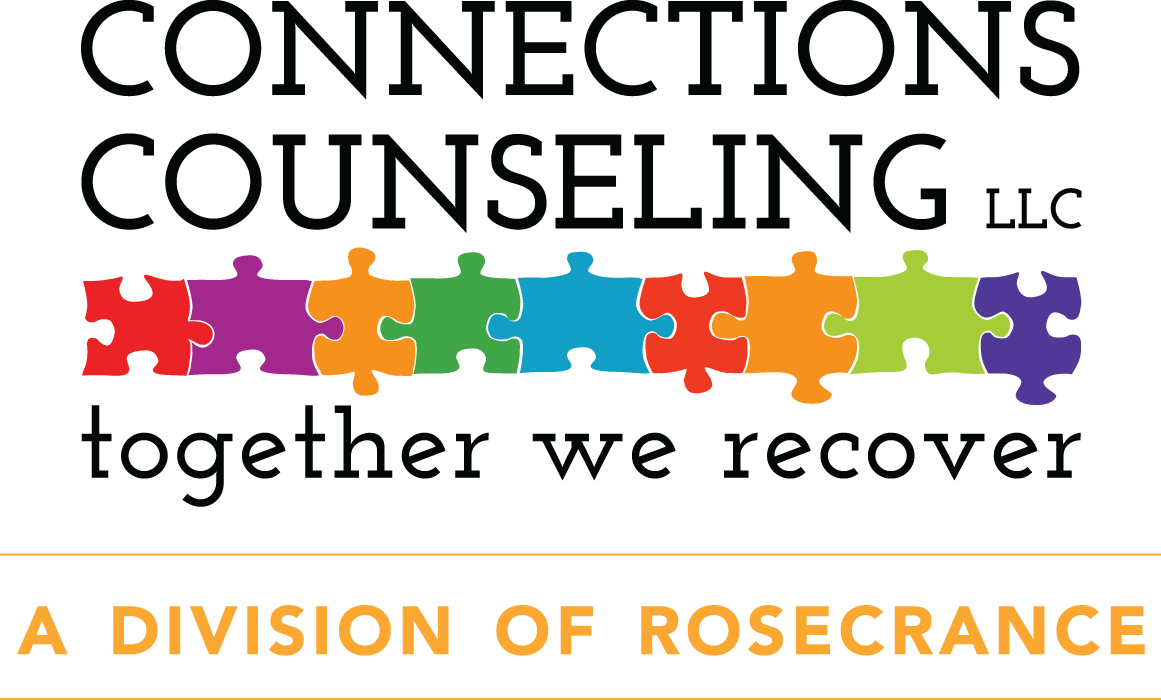Behavioral Healthcare Magazine: Connections and Rosecrance bring TMS therapy to Madison
January 30, 2013
Two providers of behavioral health treatment have partnered to bring cutting-edge technology in the treatment of chronic depression to the Madison area.
Connections Counseling of Madison (Madison, Wis.) and Rosecrance Health Network (Rockford, Ill.), have created the TMS Center of Madison, which will be the area’s only provider of transcranial magnetic stimulation (TMS). TMS is considered among the most significant and effective medical breakthroughs of the decade. Rosecrance has successfully treated patients in Rockford using TMS for more than 3 years.
Shelly Dutch, director of Connections Counseling, said her staff is excited to add TMS therapy to the organization’s treatment options for individuals with Major Depressive Disorder.
“This new treatment could be life-changing for individuals with depression who have struggled in vain to find medications or other treatments that work for them,” Dutch said. “Patients we have encountered who benefited from TMS speak of it in terms of being almost miraculous. Some say they found joy and satisfaction in life for the first time in years.
TMS is a non-invasive, non-systemic medical treatment for individuals suffering from depression who have not benefited from anti-depressants or who cannot take medication for some reason. The therapy can be prescribed for women who are pregnant or nursing or for individuals whose employment prevents them from taking medication. TMS is available by prescription only and therapy is supervised by a doctor. The treatment uses highly focused magnetic pulses to stimulate areas of the brain that control mood.
